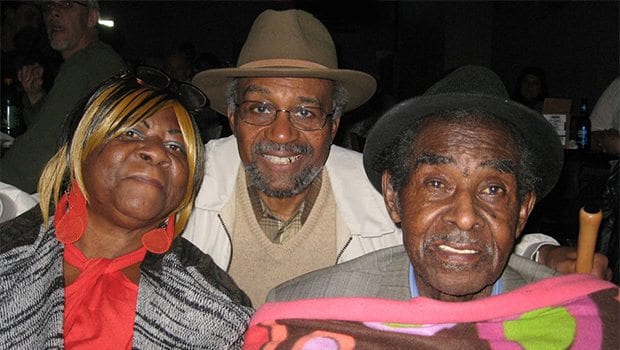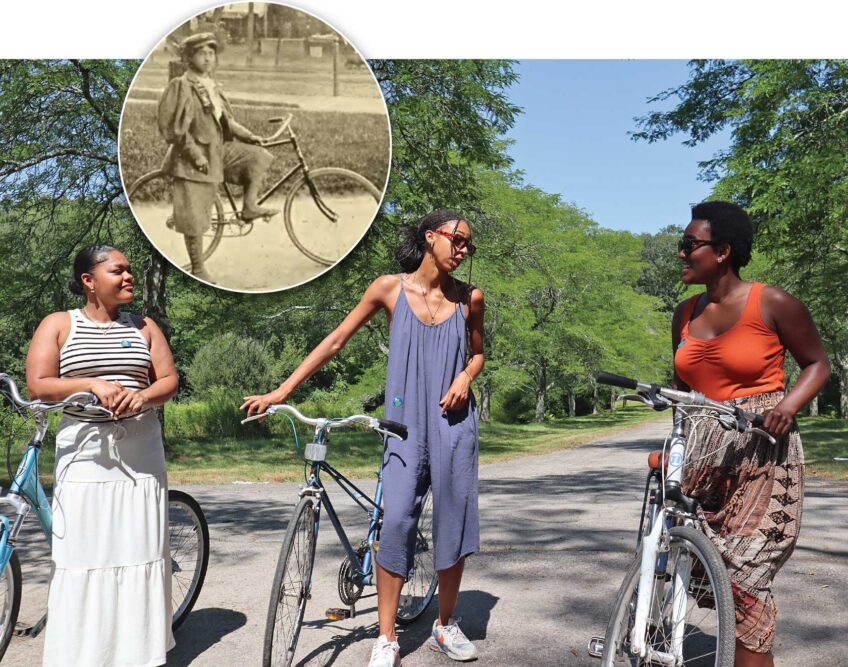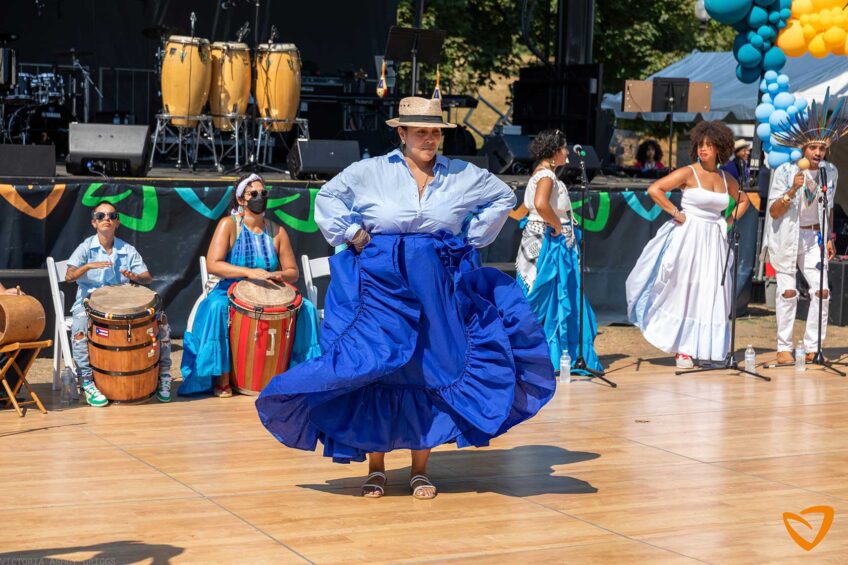Former Massachusetts man raises funds to help ailing Mississippi blues musicians

Mississippi is known as the birthplace of the blues, and over the past decade, the state has raised the profile of its unique heritage, honoring the places blues musicians lived and telling the stories of the birth, flourishing and influence of blues music.
The Mississippi Blues Commission was formed in 2004, and one of its primary projects has been the creation of the Mississippi Blues Trail, a statewide network of some 200 marked sites ranging from birthplaces of blues legends B.B. King and Charley Patton to famous hotels and clubs from the heydey of the “chitlin’ circuit” to still-existing tiny rural juke joints.
But while these legendary bluesmen and their historic stomping grounds spur new tourism and economic development, some blues artists today are struggling to make ends meet, living in poverty and in need of medical care, shelter and other assistance. In recognition of this, the Blues Commission in 2010 set up the Blues Musicians Benevolent Committee to raise money and provide grants to musicians in need.
Dr. Edgar Smith, 80, a retired biochemistry researcher, professor and college administrator who spent much of his career in Massachusetts, is founding chairman of the Blues Musicians Benevolent Committee.
“Mississippi calls itself the home of the blues, and deservedly so, but we must also pay attention to those from whom the blues derive,” Smith says, speaking by phone recently from his home in Jackson, Miss. “Those who gave birth to the music have not benefited financially as much as those who promoted it, recorded it, wrote about it, and the like — and now that Mississippi is rediscovering the blues, I think those individuals should benefit.”
Since 2011, the fund has given 22 grants totaling more than $20,000, Smith says. Grants ranging from $500 to $1,000 have helped musicians in a variety of circumstances: one man in his 80s who lost an arm earlier in life while rescuing a relative from some train tracks is now ill with cancer. He is still performing music, but needed help paying medical bills. Another used aid money to help purchase a wheelchair lift for his van.
“We’ve even helped with burial costs,” Smith says.
Emergency aid for artists in need is not a completely new idea — the nonprofit Music Maker Relief Foundation has been operating in North Carolina for 20 years, and there are a handful of small, private organizations such as the Craft Emergency Relief Fund that assists craft artists nationwide — but this is the first such effort in the home of the blues, Smith says.
Smith and the Blues Musicians Benevolent Committee team are working now to publicize the fund to musicians needing assistance and to people who can make a donation. The Committee has received money from an annual Blues Marathon sponsored by Blue Cross Blue Shield and recently received $100,000 from a Jackson area businessman, Smith says. In addition, they have set up a PayPal account tohelp individuals make donations via the Blues Commission website.
Smith says his goal now is to grow the Benevolent Fund into a center that provides a broader array of services. The center might include free legal aid, pharmacists to help with medication and chiropractors offering free treatment.
“Some of these musicians have back problems from leaning over a guitar,” he explains.
Smith spent five decades in the Greater Boston area, pursuing a professional career spanning college teaching, cancer and sickle cell anemia research and higher education administration, but his interest in the blues stayed with him from his formative years in the Mississippi Delta town of Hollandale.
“The blues has always been part of my life,” he explains. “I grew up listening to it, in a small town, across the street from the biggest juke joint, the Harlem Club. And up the street there was a line of juke joints. These joints played an important role in the cotton workers’ lives, when they needed a little relief on the weekends. I appreciated the music and the musicians.”
As a child, Smith attended segregated black schools “with old books and poor facilities, but excellent teachers.” His developing interest in science was spurred partly by a chemistry set he bought with money from selling garden-grown vegetables. He went on to study chemistry at Tougaloo College in Mississippi and then earned a master’s degree and Ph.D. in biochemistry from Purdue University in Indiana.
After landing a postdoctoral research position with Harvard Medical School in 1959, Smith lived in Roxbury and Dorchester before settling in Lexington, Mass. for 34 years. Returning to his and his wife’s home state, he taught at University of Mississippi, worked to set up Statewide Area Health Education Centers and took up the cause of impoverished blues musicians.
“When I came back to Mississippi and when I retired, I decided to return to that passion for blues and blues people,” he says. Besides serving on the Blues Musicians Benevolent Committee, Smith also volunteers teaching a course in blues history at Tougaloo College and has served on the board of the B.B. King Museum.
Even during his professional working years, and while raising four sons with his wife, Inez, Smith took on civic leadership roles in Massachusetts, including serving as chairman of the Lexington Civil Rights Committee and co-founder of Concerned Black Men of Massachusetts.
This last group is a one whose importance he feels can’t be overstated.
“That is by far the best group I’ve ever been involved with,” he says of the Concerned Black Men group, which is about to celebrate its 25th year of mentoring black boys and young men toward success in school and beyond.
“That, to me, represents what needs to be done in the communities at this time — black men committing themselves to young black males,” he adds. “I would like to promote that more than anything else. If we don’t take care of our young black males, no one else is going to. And they are doing it.”
With an illustrious career and much civic activity behind him, but still busy teaching and advising and working with the Blues Musicians Benevolent Committee, Smith is almost ready to devote himself to quiet yard work and more time with grandchildren. But still, he looks ahead to his “bucket list” of things yet to do. His large library of blues music on tape and vinyl needs digitizing, and he has a longstanding goal of visiting the islands off Georgia and South Carolina to study Gullah culture. And people keep telling him he should write, he says — “but right now, I really want to see this blues fund expand.”
For more information about the Mississippi Blues Commission, Blues Trail and Blues Musicians Benevolent Fund, see http://www.msbluestrail.org.






